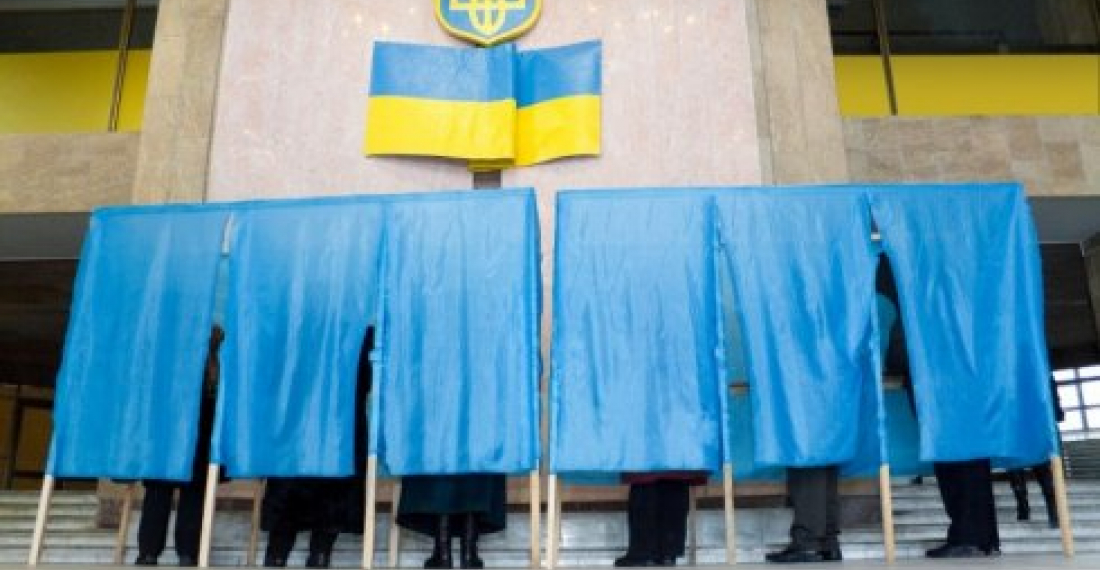The party of Ukrainian president Volodymyr Zelensky is set to win a snap parliamentary election, consolidating his political power. Exit polls following yesterday's vote suggest his Servant of the People party will have a majority in parliament - but may still need a coalition partner to form a government. Mr Zelensky said he would hold talks with the Holos (The Voice) party, which is led by a rock star. With more than 50% of votes counted, five parties look on course to clear the 5% threshold to enter parliament.
Partial official results give Mr Zelensky's party 42.5% of the vote, with the pro-Russian Opposition Platform-For Life, who Mr Zelensky has ruled out a coalition with, in second place with 12.8%.
Speaking in Kiev after the polls closed, Mr Zelensky said that inviting Svyatoslav Vakarchuk's Holos party to hold talks on forming a coalition "was my initiative even before the election".
Holos has so far won 6.4% of the vote.
The president has pledged to implement radical reforms and tackle corruption.
Since he triumphed in April's presidential poll, Mr Zelensky has been unable to appoint the ministers he wants because of obstruction by opposition parties who held sway in the previous parliament.
Elections were only held for 424 of the 450 seats, with the remaining seats representing Crimea, which was annexed from Ukraine by Russia in a military intervention in 2014, set to remain vacant.
source: commonspace.eu with BBC and agencies






